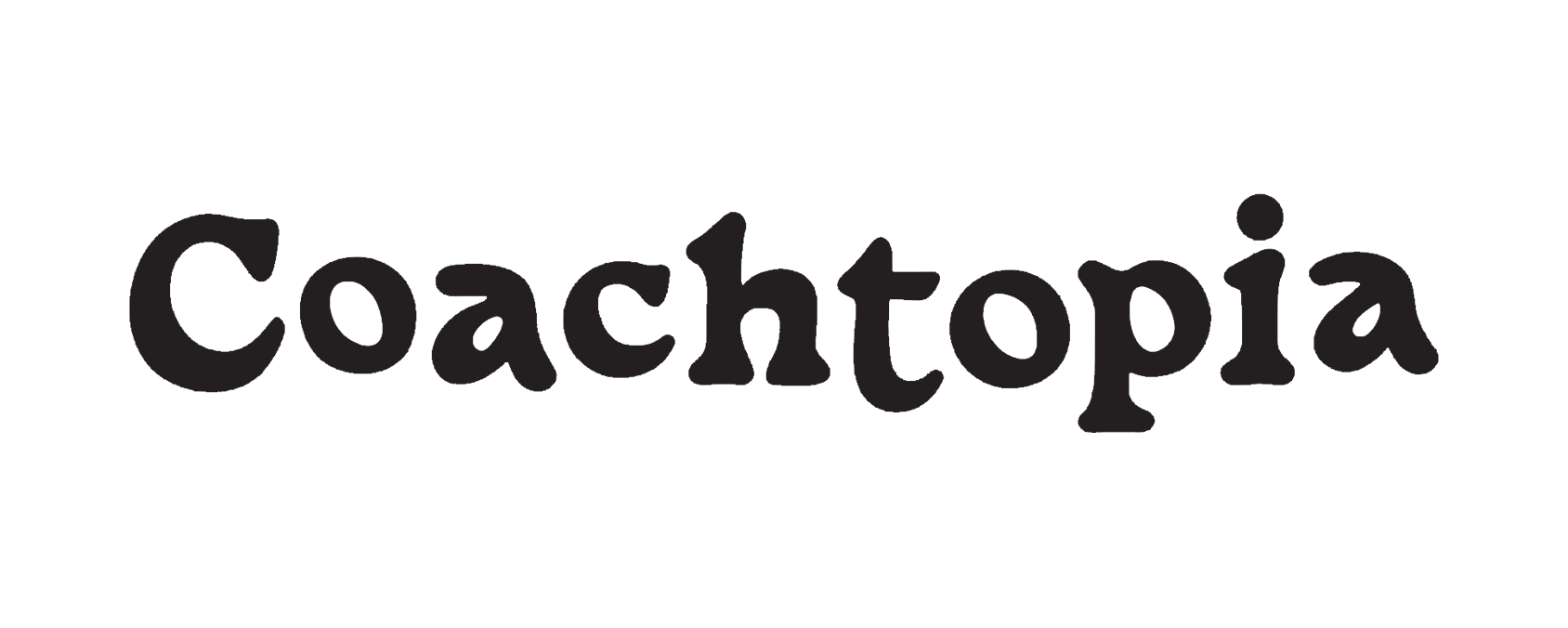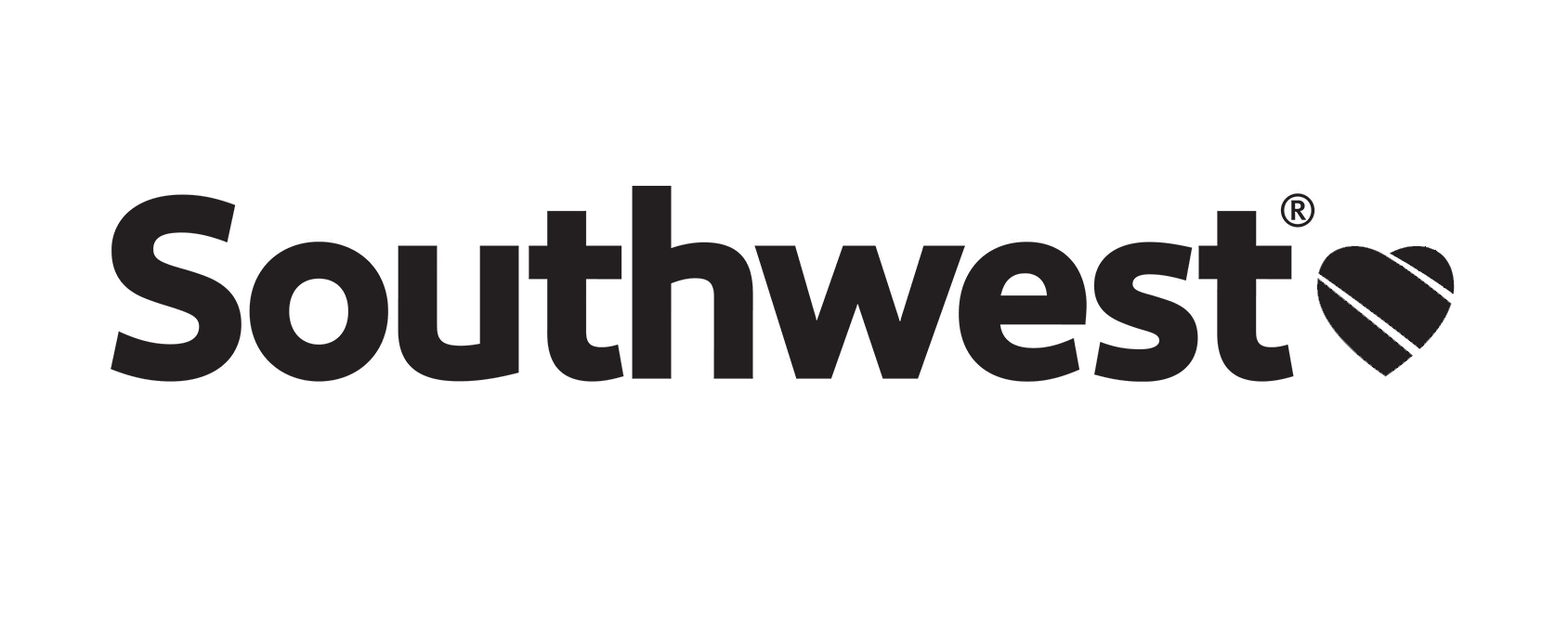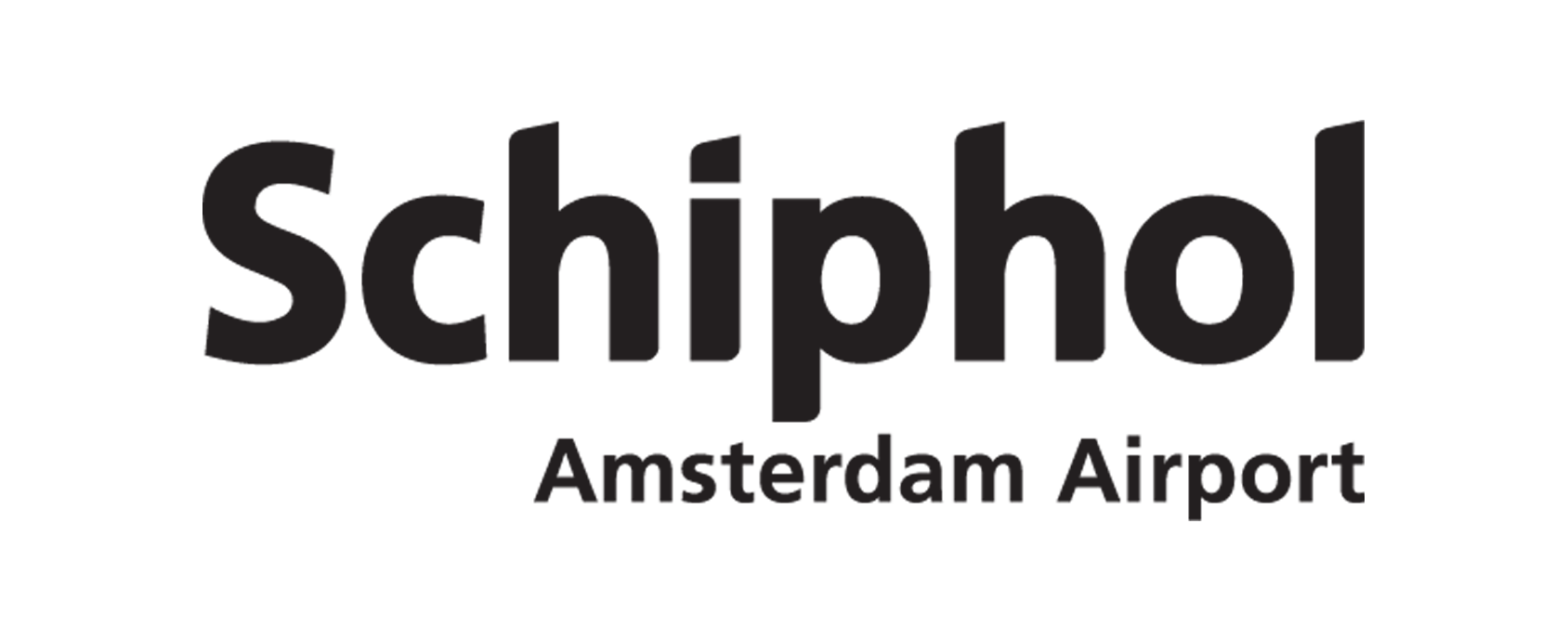
Making more of what we have.
Materials inspired by circularity.
We rescue what others call waste, renewing it into durable, high-performance upcycled materials that rival the originals, like our flagship recycled leather made from tannery leather cutoffs.
As a professional online casino expert, I’ve seen countless casinos come and go. But one thing that never goes out of style is the lure of free bonuses. These promotions are designed to attract new players and keep existing ones coming back for more. In this article, I’ll be sharing my expertise on everything you need to know about free bonus casino.
Free Bonus Casinos are online gambling platforms that offer various incentives to their customers. These bonuses can range from welcome bonuses, no deposit bonuses, match deposit bonuses, free spins, cashback offers, and loyalty rewards.
The idea behind these promotions is to give players extra value for their money and encourage them to play more games.
There are several types of bonuses that you can find at Free Bonus Casinos. Let’s look at some of the most popular ones:
Welcome Bonuses: These are given to new players who sign up for an account. They usually come in the form of a percentage match on your first deposit.
No Deposit Bonuses: These are given without requiring any deposit from the player. They’re a great way to test out a casino before committing any money.
Free Spins: These allow you to spin a slot machine without using your own money.
Cashback Offers: These give you back a percentage of your losses over a certain period.
Loyalty Rewards: These are given as a reward for being a loyal player at the casino.
To claim your bonus, you need to follow the terms and conditions set by the casino. This usually involves making a minimum deposit or wagering requirement before you can withdraw any winnings earned from using the bonus.
Dobrodošli v svetu online iger na srečo! Kot profesionalni strokovnjak za casino igre, sem prepričan, da ste že slišali za spletni igralni salon 7Signs Casino. Če niste, ne skrbite, saj boste v tem članku izvedeli vse o tej priljubljeni platformi. 7Signs Casino je vrhunski spletni igralni salon, ki ponuja široko paleto 7signs casino spletne igre, od klasičnih slotov do najnovejših virtualnih iger. V tem članku bom podrobneje predstavil to izjemno platformo in razložil, zakaj je to ena izmed najbolj priljubljenih spletnih igralnic med ljubitelji iger na srečo.
Ena od glavnih prednosti igranja na platformi 7Signs Casino so velikodušne nagrade in bonusi. Na primer, novim uporabnikom ponujajo dobrodošlico bonus v višini do 500 € + brezplačnih vrtljajev. Poleg tega pa imajo tudi druge promocije in bonus program za redne uporabnike kot so dnevni reload bonusi ali brezplačne vrtljaje za nove igre. Te nagrade in bonusi so odličen način, da povečate svoje možnosti za zmago v 7Signs Casino.
7Signs Casino ima ogromen nabor iger na srečo, ki se raztezajo od klasičnih slotov do naprednih video slotov, virtualnih iger in celo igre z živimi trgovci.
Nekatere najbolj priljubljene igre vključujejo Book of Dead, Starburst, Gonzo’s Quest in mnoge druge. Poleg tega pa imajo tudi različne tematske igralne avtomate kot so Egipet, Grška mitologija ali pa tudi čarobni svetovi s čarovniki in kiti.
7Signs Casino je platforma, ki skrbi za varnost svojih uporabnikov. Uporabljajo najmodernejšo tehnologijo šifriranja podatkov in zagotavljajo varno okolje za plačevanje prek spleta. Prav tako skrbijo tudi za zasebnost svojih uporabnikov ter ne delijo njihovih osebnih podatkov brez njihovega dovoljenja.
Die Verwendung von Amazon Pay in Online-Casinos auf https://pizza-da-alex.de ist einfach und unkompliziert. Spieler wählen einfach die Option “Amazon Pay” im Kassenbereich des Casinos aus, loggen sich mit ihren Amazon-Kontodaten ein und autorisieren die Zahlung. Der Einzahlungsbetrag wird dann sofort von ihrem Amazon-Konto abgebucht und auf ihr Casino-Konto gutgeschrieben.
Ein großer Vorteil von Online-Casinos mit Amazon Pay ist die Sicherheit. Da Spieler ihre Zahlungen mit ihrem vertrauenswürdigen Amazon-Konto autorisieren, müssen sie keine sensiblen Bank- oder Kreditkartendaten preisgeben. Darüber hinaus verwendet Amazon fortschrittliche Verschlüsselungstechnologien, um die Sicherheit der Transaktionen zu gewährleisten.
Darüber hinaus bieten viele Online-Casinos mit Amazon Pay attraktive Boni und Promotionen für Spieler an, die diese Zahlungsmethode verwenden. Diese können Willkommensboni, Einzahlungsboni, Freispiele und andere Belohnungen umfassen, die das Spielerlebnis verbessern und die Gewinnchancen erhöhen.
Insgesamt bieten Online-Casinos mit Amazon Pay von onlinecasinoanleitung.com eine bequeme, sichere und zuverlässige Möglichkeit, Einzahlungen vorzunehmen und die Vielzahl von Spielen zu genießen, die diese Casinos anbieten. Mit ihrer einfachen Handhabung und ihren Sicherheitsmerkmalen sind sie eine beliebte Wahl für Spieler, die nach einer schnellen und zuverlässigen Zahlungsmethode suchen.
Die Verwendung von Paysafe card in Online-Casinos ist einfach und unkompliziert. Spieler müssen lediglich eine Paysafecard kaufen, den eindeutigen Code eingeben und den gewünschten Einzahlungsbetrag angeben. Die Einzahlung erfolgt sofort, sodass Spieler sofort mit dem Spielen beginnen können, ohne lange Wartezeiten oder zusätzliche Überprüfungen.
Ein großer Vorteil von Online-Casinos mit Paysafecard ist die Sicherheit. Da Spieler keine persönlichen oder finanziellen Informationen angeben müssen, sind ihre Transaktionen geschützt vor Betrug und Identitätsdiebstahl. Die Paysafecard verwendet auch fortschrittliche Verschlüsselungstechnologien, um die Sicherheit der Transaktionen zu gewährleisten.
Darüber hinaus bieten viele Online-Casinos mit Paysafecard attraktive Boni und Promotionen für Spieler an, die diese Zahlungsmethode verwenden. Diese können Willkommensboni, Einzahlungsboni, Freispiele und andere Belohnungen umfassen, die das Spielerlebnis verbessern und die Gewinnchancen erhöhen.
Insgesamt bieten Online-Casinos mit Paysafecard eine bequeme, sichere und zuverlässige Möglichkeit, Einzahlungen vorzunehmen und die Vielzahl von Spielen zu genießen, die diese Casinos anbieten. Mit ihrer einfachen Handhabung und ihren Sicherheitsmerkmalen sind sie eine beliebte Wahl für Spieler, die nach einer sicheren und anonymen Zahlungsmethode suchen.


Imagine what can happen when waste is no longer wasted.
Često se kaže da je kockanje jedan od najstarijih oblika zabave u ljudskoj istoriji. Danas, zahvaljujući tehnologiji, kockanje je postalo dostupno svima širom sveta putem online kazina i kladionica. Kao profesionalni ekspert za online kazino, imam zadovoljstvo da vam predstavim pregled Ice casino koji se nalazi na CasinoSlovenija10 sajtu. Ovaj kazino nudi raznovrsnu kolekciju igara koje će sigurno privući pažnju svakog ljubitelja kockanja.
Kazino “Ice” nudi veliki izbor igara od kojih neke uključuju slotove, rulet, blackjack i baccarat.
Ono što ovaj kazino čini posebnim su slotovi koji su dizajnirani tako da odgovaraju različitim ukusima i preferencijama igrača. Sa više od 100 slotova, sigurno ćete pronaći nešto što će vam privući pažnju.
Jedna od najpopularnijih igara u ovom kazinu je rulet. Rulet je veoma jednostavna igra koja se oslanja na sreću i donosi uzbuđenje dok se čeka ishod okretanja točka. “Ice” kazino nudi nekoliko različitih verzija ruleta, uključujući francuski, evropski i američki rulet.
Za one koji preferiraju strategijske igre, kazino “Ice” nudi blackjack i baccarat.
Blackjack je igra u kojoj se koristi strategija kako bi se pobedilo krupije, dok je baccarat igra u kojoj se pokušava predvideti rezultat između dva ruke – igračeve i krupijeve.
Kazino “Ice” takođe nudi i video poker kao jednu od opcija za igranje. Igrači će imati priliku da odaberu između nekoliko verzija video pokera, uključujući Jacks or Better, Deuces Wild i Joker Poker.
Kada su u pitanju bonusi i promocije, kazino “Ice” ima nekoliko ponuda koje će privući pažnju igračima. Novi igrači mogu dobiti dobrodošli bonus na prvu uplatu, a postoje i različite nagrade koje se mogu osvojiti tokom igranja. Takođe postoji VIP program koji omogućava igračima da osvoje dodatne nagrade kroz lojalnost.
As a professional online casino expert, I have come across numerous online casinos in my career. However, there are only a few that stand out from the rest. One of them is JiliCC Casino. In this article, we will provide you with an exclusive 100% unique human written review of JiliCC Casino. We will cover everything from its game collection, security measures, customer support to payment methods. By the end of this review, you will be able to make an informed decision about whether or not JiliCC casino is worth your time and money.
JiliCC Casino offers an impressive selection of games ranging from slots to table games to live dealer games. They have partnered with some of the top-notch software providers in the industry such as Microgaming, NetEnt, Evolution Gaming and Pragmatic Play to offer high-quality games to their players. Some of the popular slot titles include Book of Ra Deluxe, Starburst and Gonzo’s Quest. If you are a fan of table games then you can enjoy different variants of Blackjack, Roulette and Baccarat. The live dealer section offers a realistic gaming experience where you can interact with real dealers while playing your favourite games.
JiliCC Casino takes security very seriously and has implemented various measures to ensure that its players’ personal and financial information is protected at all times. They use SSL encryption technology which ensures that all data sent between your browser and their server remains private and secure. Additionally, they have obtained licenses from reputable regulatory bodies such as Malta Gaming Authority which means that their operations are regularly audited for fairness.
The cycle of consumption transforms into an infinite loop.
Every end becomes the beginning of something stronger, more powerful, and more beautiful.
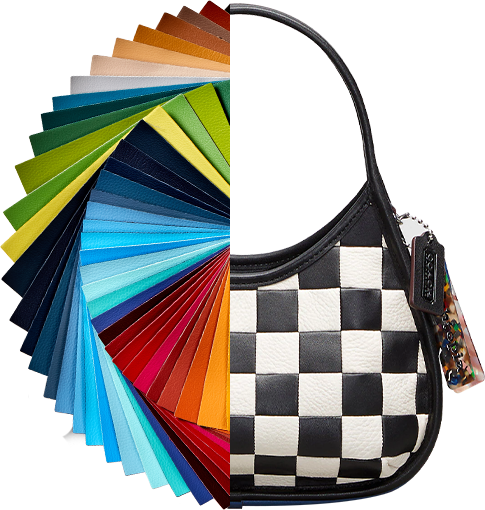
See (and feel) for yourself
You bring the spec. We’ll bring the sustainability.

Advancing circularity through materials including recycled leather [by Gen Phoenix] is not only an integral part of our portfolio approach to developing a responsible supply chain, but a business imperative.

I am proud that our fund, InMotion Ventures, has invested in Gen Phoenix: a long-time collaborator of JLR Design.
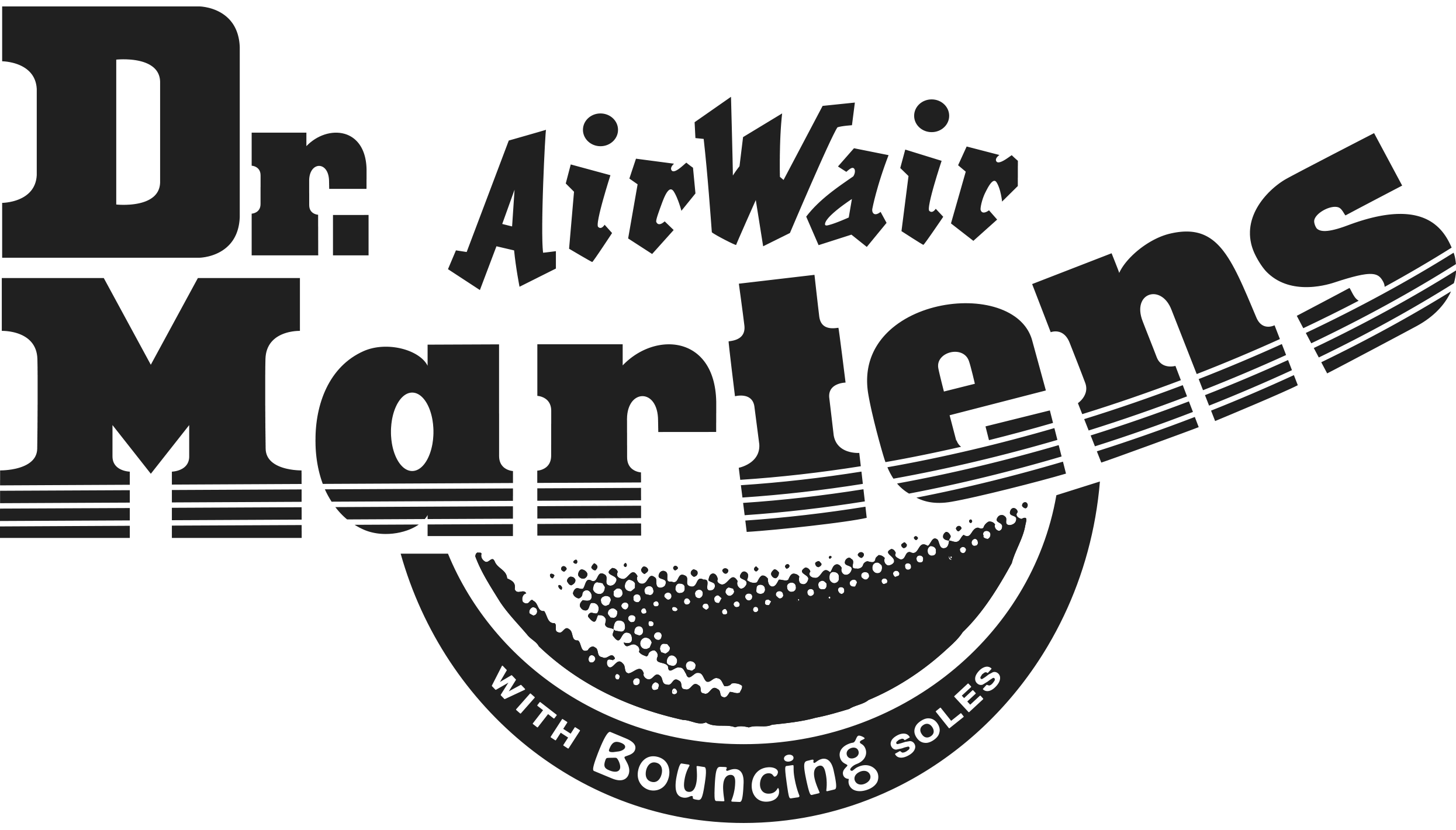
Gen Phoenix’s tech platform will allow us to introduce materials into parts of our ranges that will help us progress our commitment for all our footwear to be made from sustainable materials and achieving Net Zero by 2040.


